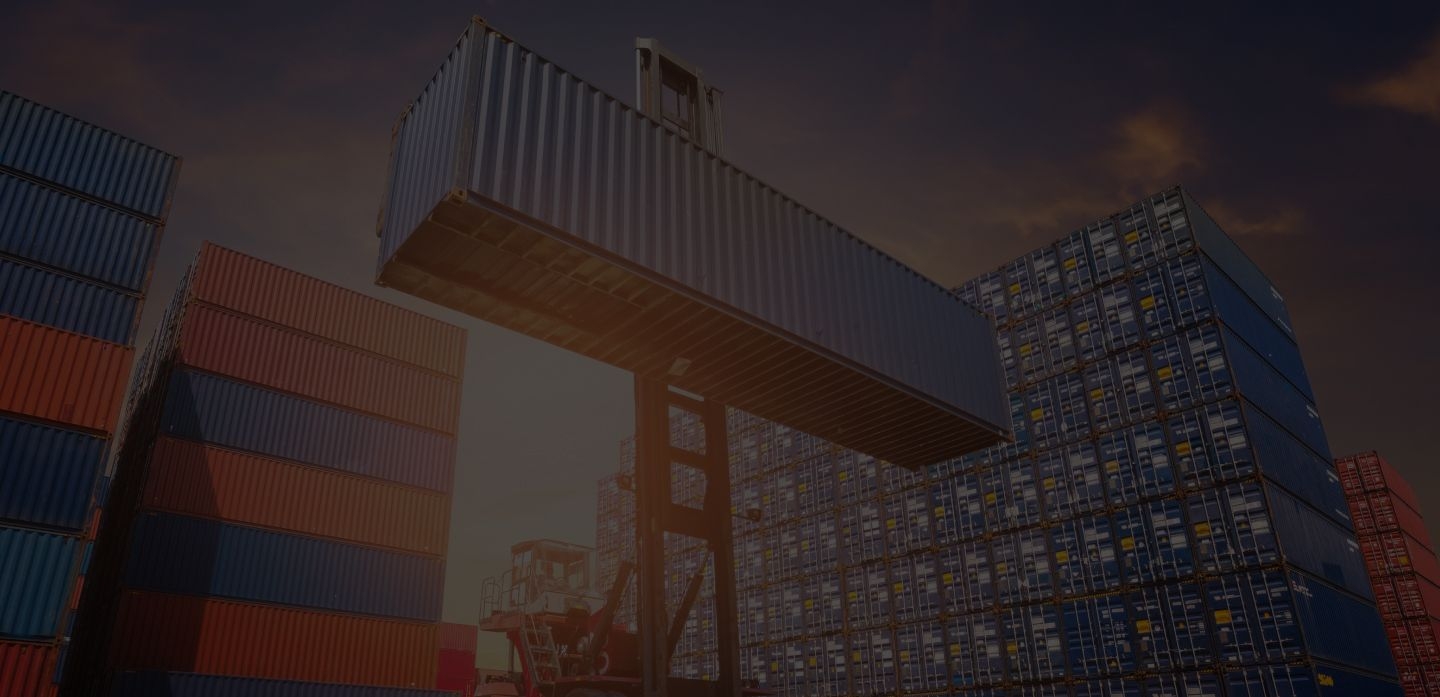
Why the port should be an important factor when deciding the best route for your shipment



Factors to consider when choosing your port of origin and destination
There are multiple factors that play into deciding the best route for your cargo. For most, price tends to be the determining factor as its quantitative nature makes it easy to compare and value. In most cases, the price factor is also tied to the port location and whether it’s close to the factory or warehouse.
But don’t confuse price for value. When considering the cheapest route, it’s best to also think about whether it offers the best value for money.
And that’s not as easy to gauge without keeping in mind the other factors that affect a cargo’s route. Choosing one port over another can have a profound impact on your supply chain.
That said, here are some important factors you cannot ignore when deciding on the best shipping route for your cargo.
Location
When selecting the port of origin and destination, the closest ports are often the most affordable options due to accessibility and lower transport costs. But sometimes, going to a port that’s farther away but offers direct service, for example, could be well worth while. This is especially true for urgent or more valuable cargo, whereby saving money on the port and route simply does not compensate for risking the cargo arriving at a later date.
Infrastructure & equipment availability
The port and its surrounding infrastructure can affect how quickly and reliably your cargo gets delivered to, picked up from, and moved around the port. Accessible waterways and more harbor depth allow for not only larger but also more vessels to pass through.
**Also consider the port and its affiliations with the carriers calling there. **Certain carriers are stakeholders or even full owners of terminals, which could facilitate the transportation of your cargo.
Trucker availability
Generally, the trucker pool matches the volume capacity of a given port. But sometimes, it may make more sense to go another route, especially during a trucking shortage situation (like the one the US is currently facing). Under this circumstance, opting for a smaller port one that’s farther away from the factory/warehouse may come off as the better option if there’re more truckers available in that area.
In recent years, shippers and importers alike have become more willing to spend a little more in their supply chain for reliability or simply to cut down on time spent managing their cargo or putting contingency plans in place when things go wrong.
Customs regulations and procedures
Depending on the commodity or location, it may be more advantageous to use certain ports over others. Customs procedures differ greatly from port to port. It may easier to import certain commodities through certain ports or terminals due to an easier customs clearance process.
Auto shippers, for example, face varying experiences and difficulties from one port or another when trying to clear auto titles. And if you’re moving overseas, most movings companies will likely tell you to avoid the ports of Long Beach and Los Angeles as household goods often face extremely costly customs exam holds there.
Size
The size of the port is also an important factor to keep in mind. Larger ports mean there are more carriers and vessels that call there, which means more direct services. This can affect both price and capacity as there are larger equipment pools, more truckers, customs brokers, and other partners around the port that you may need to help move and handle your cargo.
Technology
When implemented correctly, technology can greatly increase the reliability and efficiency of ports and terminals.
Already, an increasing number of ports have begun using technology to introduce more visibility into shipment tracking and booking. Others have introduced automated gate-in processes with biometric recognition to enter terminals.
Technology also plays a part in improving efficiency. In its first year of operations, the Port of Qingdao’s fully automated terminal increased efficiency by 30% and reduced cost per transporting container by 48% and even decreased labor costs by a massive 70%. All this helps to improve existing operations, reduce human errors and even logistics costs for cargo owners.
Climate
Ports located in areas prone to natural disasters or extreme weather conditions can prove to be an immense inconvenience for shippers.
Not only do they face port closures, they also place their cargo at great risks of damages. Closures also cause cascading effects, as there’s no guarantee as to when the storm will pass and ports can reopen. Following reopening, there’ll be clean up and a backlog of cargo and vessels to attend to. The delays that can result are sometimes unimaginable.
Natural phenomenons such as hurricanes are extremely problematic to ocean freight, to which the US gulf and east coasts are particularly susceptible. In fact, at the time of writing, the US East Coast is still recovering from Hurricane Florence, which was forecast to be one of the worst hurricanes to hit the east coast in decades.
And these climate threats aren’t limited to coastal ports. Northern ports face massive issues in winter where bad snow storms can cause closures and other significant delays.
Unions
Unions can be an important factor to consider. Recurring strikes by port workers are not uncommon in certain countries such as the stevedores strikes in Spain. This may not be an important enough factor to deter one from their primary cargo route. But having a secondary plan in place is always a good idea.
When planning your shipment, it’s best to check the news or get in touch with your agent at destination to find out if there are any upcoming strikes planned and the ports that will be affected.
Related Articles


